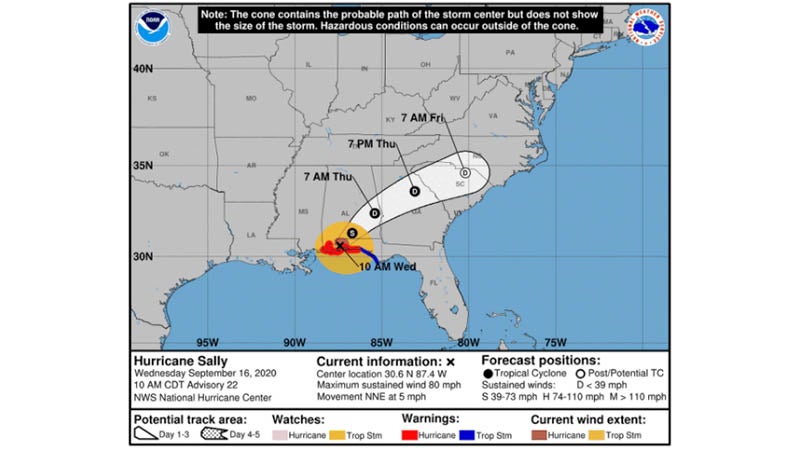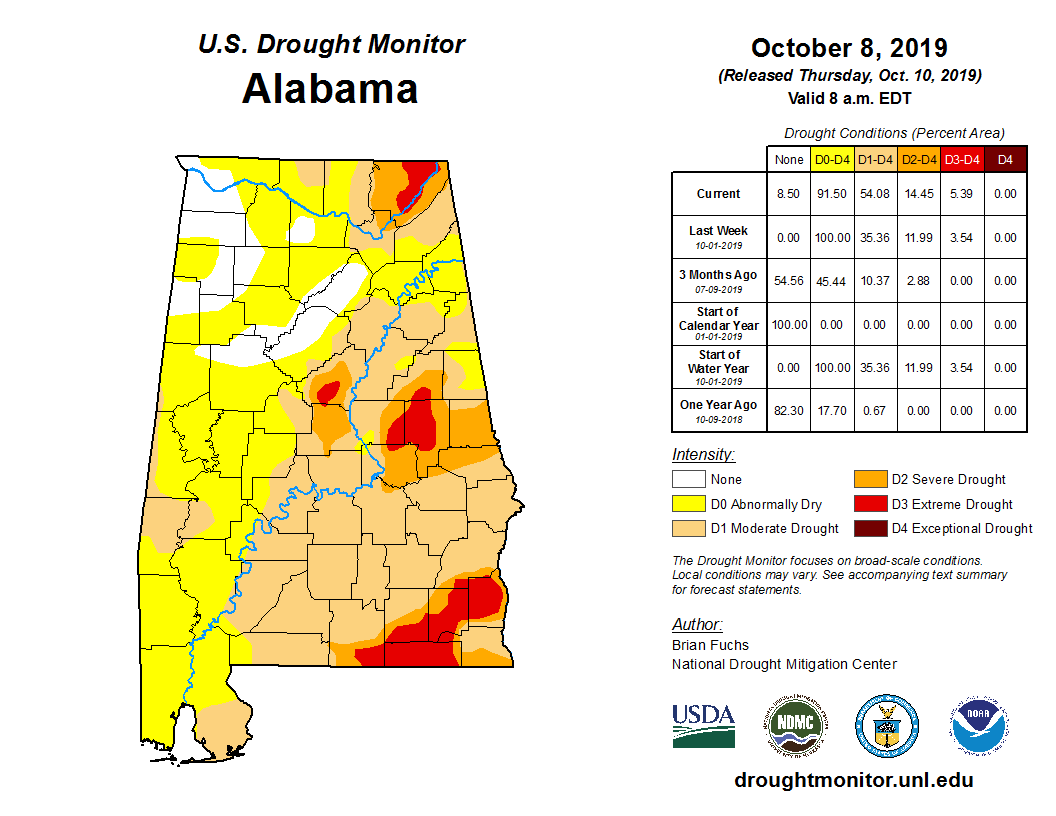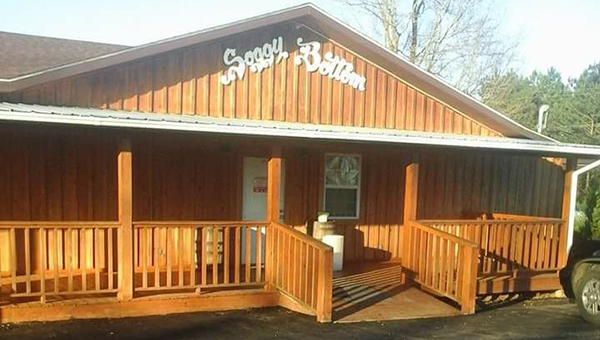EMA: Prepare now for the 2010 hurricane season
Published 12:00 am Friday, May 21, 2010
Emergency management officials call this period before June 1 “the calm before the storm” and are urging residents to prepare for the upcoming hurricane season.
Hurricane season begins June 1 and runs until the end of November each year, and because awareness is the key to public safety, the Covington County emergency management agency, along with the state EMA and the National Weather Service, announced Thursday that Hurricane Preparedness Week has been set for May 23-29, 2010.
“Last year we in Covington County were fortunate that we did not have a major tropical system impact our county,” said Susan Carpenter, county EMA director. “However, we must be reminded that Covington County is still vulnerable to hurricanes and the need for preparedness. Storms cost some people their lives and caused billions of dollars worth of damage.”
“In the Atlantic, Caribbean and Gulf of Mexico, there is an average of 11 tropical storms and six hurricanes during hurricane season,” she said. “Hurricane forecasters are predicting an above average season for 2010.
“During Hurricane Awareness Week, residents should review preparedness plans for the next hurricane,” she said. “There is no way to predict when a major hurricane could strike.
“You should be able to make quick decisions regarding where you will go, how you will get there, what you will take, and when you will leave,” she said. “Preparedness planning now could save your life.”
Carpenter recommended the following sample family disaster plan:
• Discuss the type of hazards that could affect your family. Know your home’s vulnerability to storm surge, flooding and wind.
• Locate a safe room or the safest areas in your home for each hurricane hazard. In certain circumstances the safest areas may not be your home but within your community.
• Determine escape routes from your home and places to meet. These should be measured in tens of miles rather than hundreds of miles.
• Have an out-of-state friend as a family contact, so all your family members have a single point of contact.
• Make a plan now for what to do with your pets if you need to evacuate.
• Post emergency telephone numbers by your phones and make sure your children know how and when to call 911.
• Check your insurance coverage – flood damage is not usually covered by homeowners insurance.
• Stock non-perishable emergency supplies and a disaster supply kit.
• Use a NOAA weather radio. Remember to replace its battery every six months, as you do with your smoke detectors.




